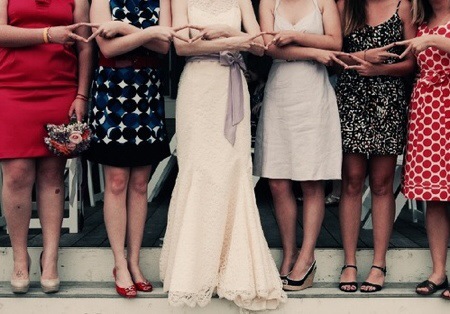In 2004, two women who were long past college age settled into a dorm room at a large public university in the Midwest. Elizabeth Armstrong, a sociology professor at the University of Michigan, and Laura Hamilton, then a graduate assistant and now a sociology professor at the University of California at Merced, were there to examine the daily lives and attitudes of college students. Like two Jane Goodalls in the jungle of American young adulthood, they did their observing in the students’ natural habitat.
The researchers interviewed the 53 women on their floor every year for five years—from the time they were freshmen through their first year out of college.
Their findings about the students’ academic success later formed the basis for Paying for the Party, their recent book about how the college experience bolsters inequality. They found that the women’s “trajectories were shaped not only by income … but also by how much debt they carried, how much financial assistance they could expect from their parents, their social networks, and their financial prospects.”
But in the process, they began to notice that the women’s attitudes about sex were also influenced by their families’ incomes. On top of asking the students about GPAs and friend groups, the researchers also dug into their beliefs about morality—sometimes through direct questions, but often, simply by being present for a late-night squabble or a bashful confession.
“We were there on the floor when these dramas would emerge about slut-bashing,” Armstrong told me. “We saw working class girls walk out of their dorms to visit boys, and the privileged girls would say, ‘why are you wearing that?’”
As Armstrong and Hamilton write in a new study published in Social Psychology Quarterly, economic inequality drove many of the differences in the ways the women talked about appropriate sexual behavior.
All but five or six of the women practiced “slut-shaming,” or denigrating the other women for their loose sexual mores. But they conflated their accusations of “sluttiness” with other, unrelated personality traits, like meanness or unattractiveness. It seems there was no better way to smear a dorm-mate than to suggest she was sexually impure.
“If you want to make a young woman feel bad, pulling out the term ‘slut’ is a sure fire way to do it,” Armstrong said. “It’s ‘she isn’t one of us, we don’t like her and she’s different.’”
Because most of the slut-shaming occurred in private, women were both targets and producers of it, and it was rare for the term “slut” to stick to any one woman. Instead, the other women were simply foils for each others’ supposed sexual virtue. One woman described her best friend like so:
Keep Reading on The Atlantic








 TrafficHolder.com - Buy & Sell Adult Traffic
TrafficHolder.com - Buy & Sell Adult Traffic
[…] But in the process, they began to notice that the women’s attitudes about sex were also influenced by their families’ incomes. On top of asking the students about …read more […]